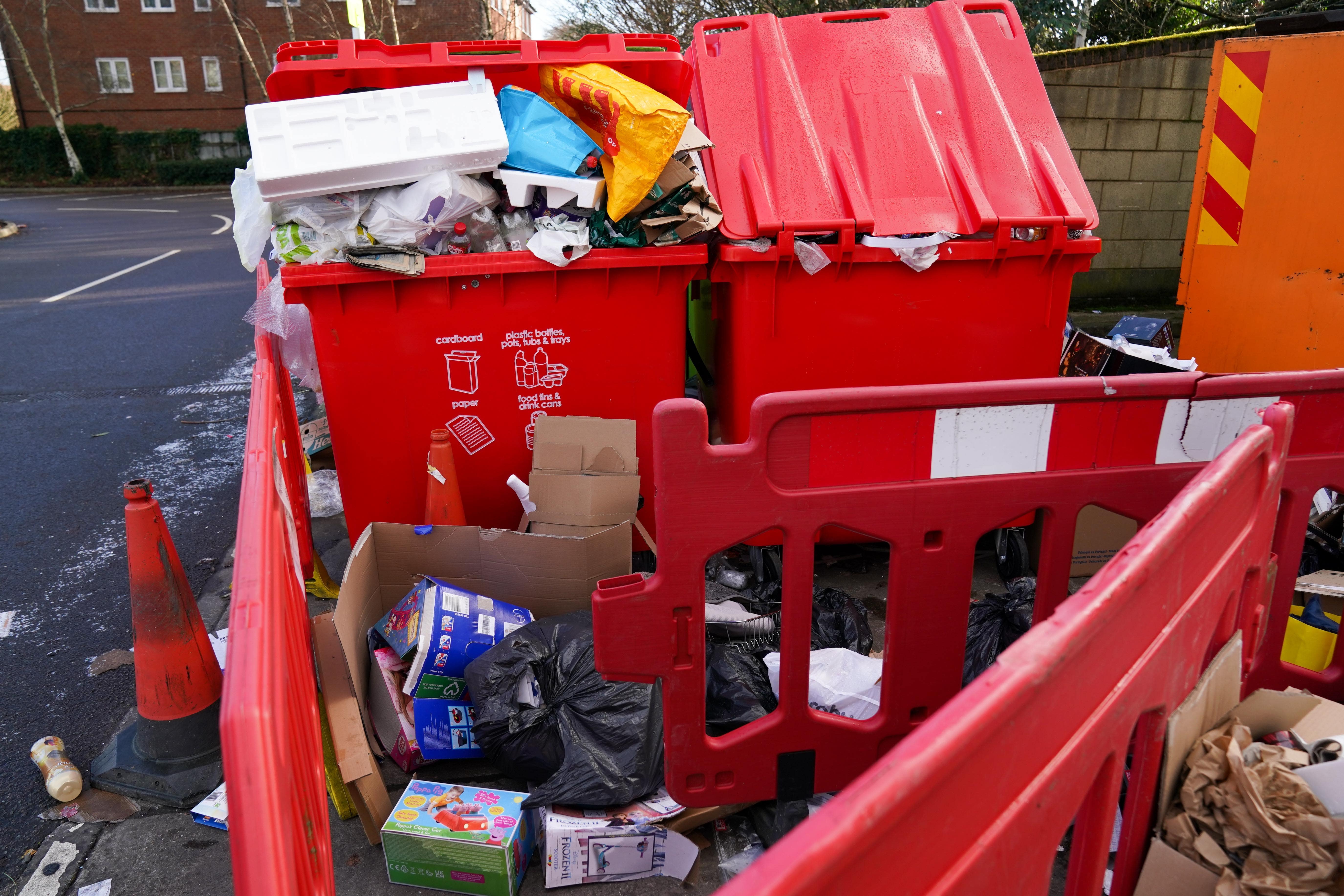Councils warn of drastic cuts to basic services amid fears over authorities going bust
‘Cherished’ local services will be scaled back or scrapped because of a £4bn funding black hole
Councils in England are struggling to fund basic services with many facing effective bankruptcy in the next parliament unless their funding is reformed, a new report has found.
Just over half of senior council figures who responded to a survey said they would likely be unable to balance their books at some stage in the next five years.
Nearly one third of the councils who replied to a survey by the Local Government Information Unit said they would cut back on parks and leisure in their local areas. Another third said they would cut arts and culture and 30 per cent said they would slash business support.
One in ten send they would try to save on special educational needs services for young people, with 11.9 per cent cutting children’s care and 16.2 per cent cutting adult social care.
Executives at 128 councils across England responded to the survey, out of 317 total.
It comes as another poll of council chief executives by the Local Government Association found that 85 per cent of local authorities are still planning reductions in spending despite an extra £600m being made available for them by government in 2024/25.
The LGA said the funding gap over the next two years is £4bn, with 58 per cent of councils reporting that the impact of any extra funding will be small.

More than two-thirds (68 per cent) of councils said they expect to make savings in at least one neighbourhood service such as waste collection, road repairs and library and leisure services.
Of the councils responsible for social care, three-quarters said they will have to reduce costs in adult care budgets and three in five said they will do the same with children’s care budgets.
It comes despite £500m in emergency funding recently being specifically earmarked for these support services.
Half of these so-called upper-tier councils also said they will have to cut costs in four or more neighbourhood services, while half of all councils reported there will be a negative impact on three or more of these services.
When neighbourhood services are broken down, 55 per cent of councils said savings will be needed in sport and leisure provision, with around half (48 per cent) reporting impending cuts to library services.
The same percentage of respondents said savings will be needed in budgets for parks and green spaces, while a third said the same for museums, galleries and theatres.
In its submission to the Government ahead of the Budget next week, the LGA highlighted growing demand and costs in school transport and homelessness services as causes for concern alongside social care.
LGA chairman and Labour leader of Telford and Wrekin Council Shaun Davies said authorities are being forced into making “stark choices” about what services to cut.
He added: “This will not go unnoticed by our local communities. It means less potholes filled, more streetlights dimmed or turned off, and fewer library or leisure services.

“Without further funding, cost and demand pressures will continue to stretch council budgets to the limit and lead to more of the cherished services our communities rely on every day having to be drastically scaled back or lost altogether as councils are increasingly forced to do more with less.”
LGIU chief executive Jonathan Carr-West said: “With over half of councils warning us they are at risk of bankruptcy within the next parliament, it is no longer possible to blame individual governance issues.
“There clearly is a systemic issue and, rather than bunging local government panicked injections of cash, whoever wins the next election will need to reform the entire system, bringing back multi-year settlements based on an area’s need and developing new ways of revenue-raising.”
District councils have also warned the increase in demand for homelessness support could lead to “counterproductive” cuts to services which have an impact on the wider determinants of health.
Sam Chapman-Allen, chairman of the District Councils’ Network (DCN) and Conservative leader of Breckland Council, said: “We are still at the point where well-run, responsible councils will likely have to make deep and counter-productive cuts to services to avert financial crisis.
“Despite planning to deliver around 10 per cent in cuts and efficiency savings on average this year, many DCN councils will have significant budget gaps going into the new financial year.”
A Department for Levelling Up, Housing and Communities spokesman said: “We recognise councils are facing challenges and that is why we recently announced an additional £600m support package for councils across England, increasing their overall proposed funding for the upcoming financial year to £64.7 billion – a 7.5 per cent increase in cash terms.
“This additional funding has been welcomed by leading local government organisations, but we remain ready to talk to any concerned council about its financial position.”
Bookmark popover
Removed from bookmarks